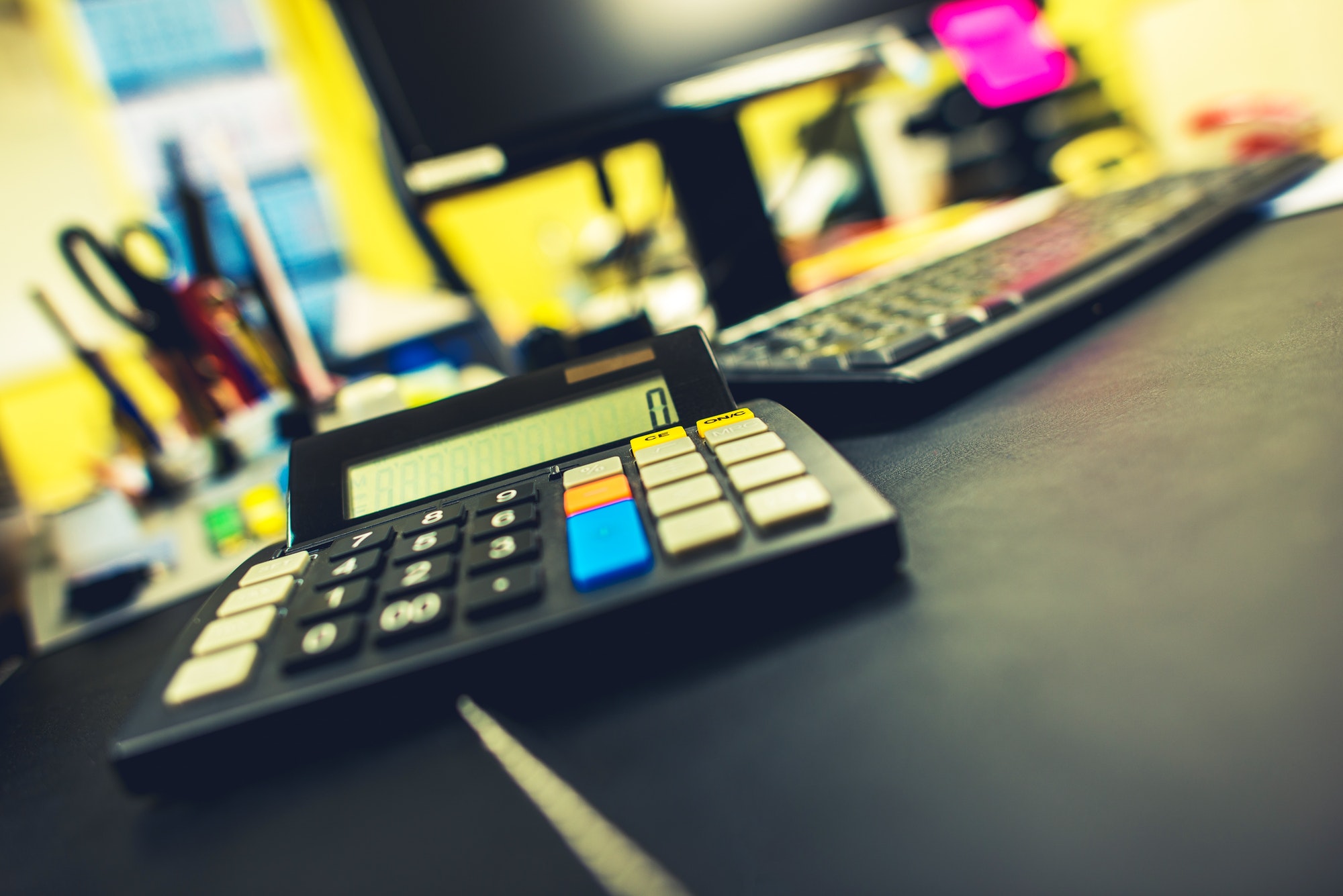Course details
Become a better accountant, bookkeeper, or financial analyst with Microsoft Excel. Excel can be used for profit-and-loss (P&L) reporting, forecasting sales, business valuation, quickly analyzing data from programs like QuickBooks, and more. This course shows you how to perform key accounting tasks in Excel, including small business and corporate record-keeping, and importing and exporting data from QuickBooks to Excel. Professor Michael McDonald shows how to record transactions in a general ledger, categorize expenses for taxes, track business performance, use key financial statements, and do a business valuation. The course is for working professionals and business students alike, with short, focused lessons to give you maximum learning in the minimum amount of time.
Instructor
Michael McDonaldPartner, Morning InvestmentsMichael McDonald is a researcher and professor of finance at Fairfield University.
He has extensive programming skills in SAS, Stata, Python, R, and SQL, among other programming languages. His past work experience includes using these programming languages to analyze big data sets in finance and economics and develop trading strategies based on data mining. He has done extensive work in investment banking, at tech startups, hedge funds, and on a wide variety of consulting projects. He has a track record of authoring creative and practical course materials for a variety of subject areas across business disciplines.
Michael’s core knowledge is focused on financial markets and investment decision-making. He has helped advise firms on capital investments, valuation issues, and capital allocation to enhance business strategy. He is the author of multiple research studies addressing complex questions across the finance discipline. Michael’s work has been cited by the Wall Street Journal, Bloomberg, the CFA Institute, and many others.
Excel for accountants“-
[Michael] Excel is an underappreciated tool in a variety of fields, and this is certainly true in accounting. Excel can be used for profit and loss reporting, for making forecasts related to sales, expenses, and net income, and for business valuation. Tools like QuickBooks can actually export to Excel to make your life easier. From general ledger entry to effectively categorizing expenses, Excel can help make you a more efficient and effective accountant. I’m Dr. Michael McDonald. I’m a professor of finance and a frequent consultant on the use of data in finance and accounting for Fortune 500 companies and government agencies. If you’re ready to dive in and learn how to use Excel to make your life as an accountant easier, then please, join me here on Linkedin Learning.

